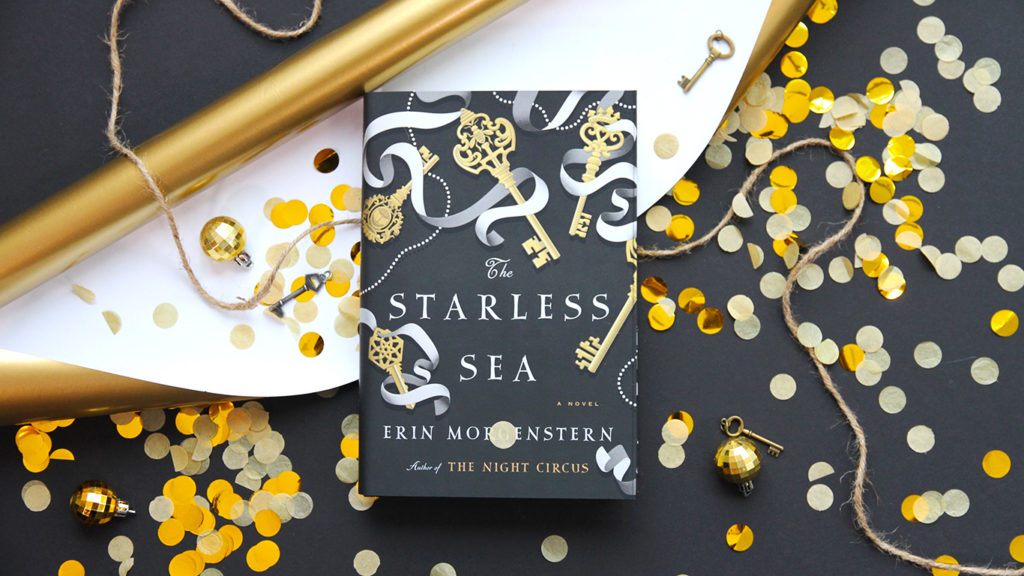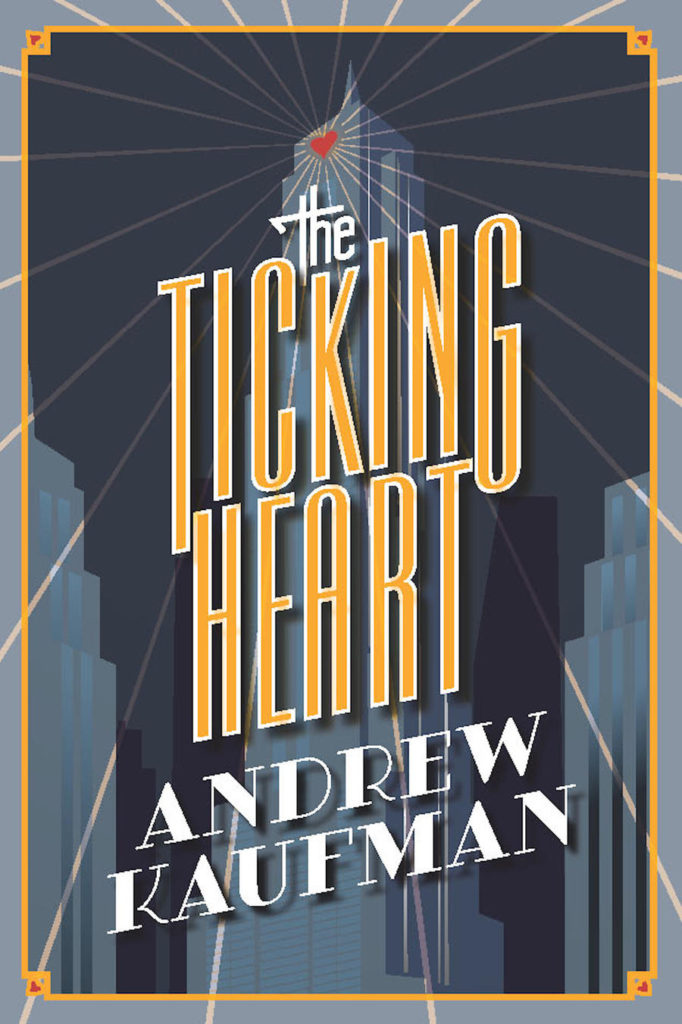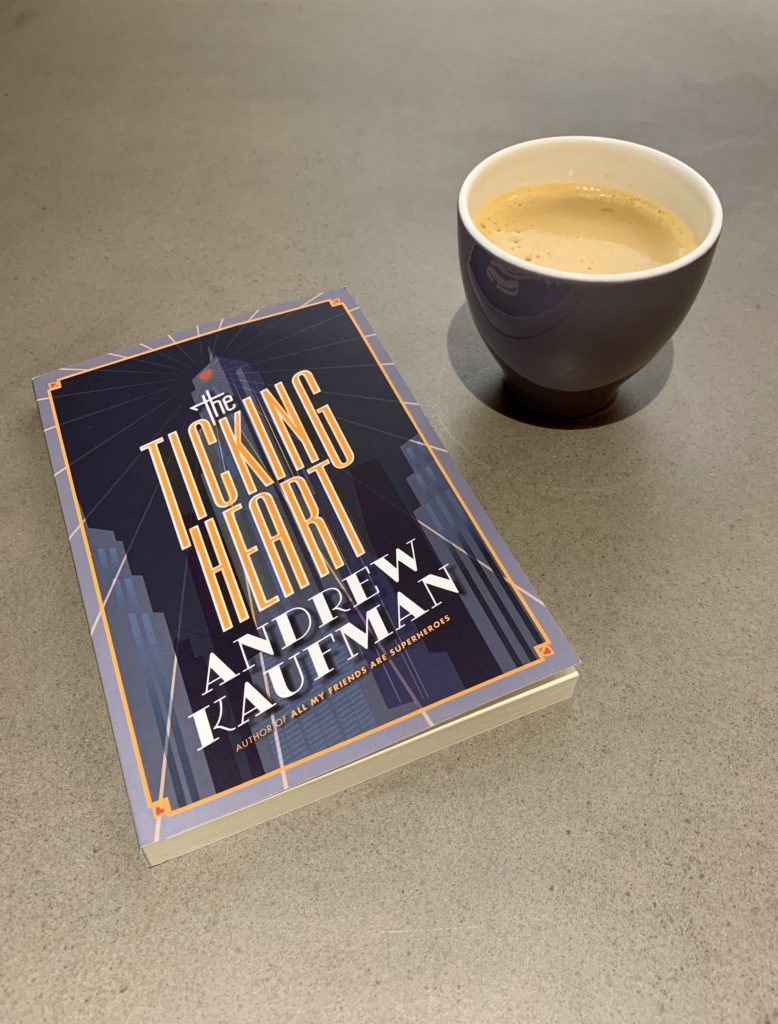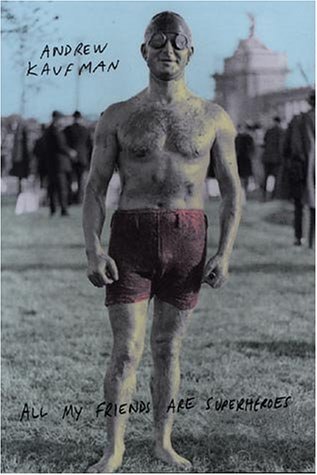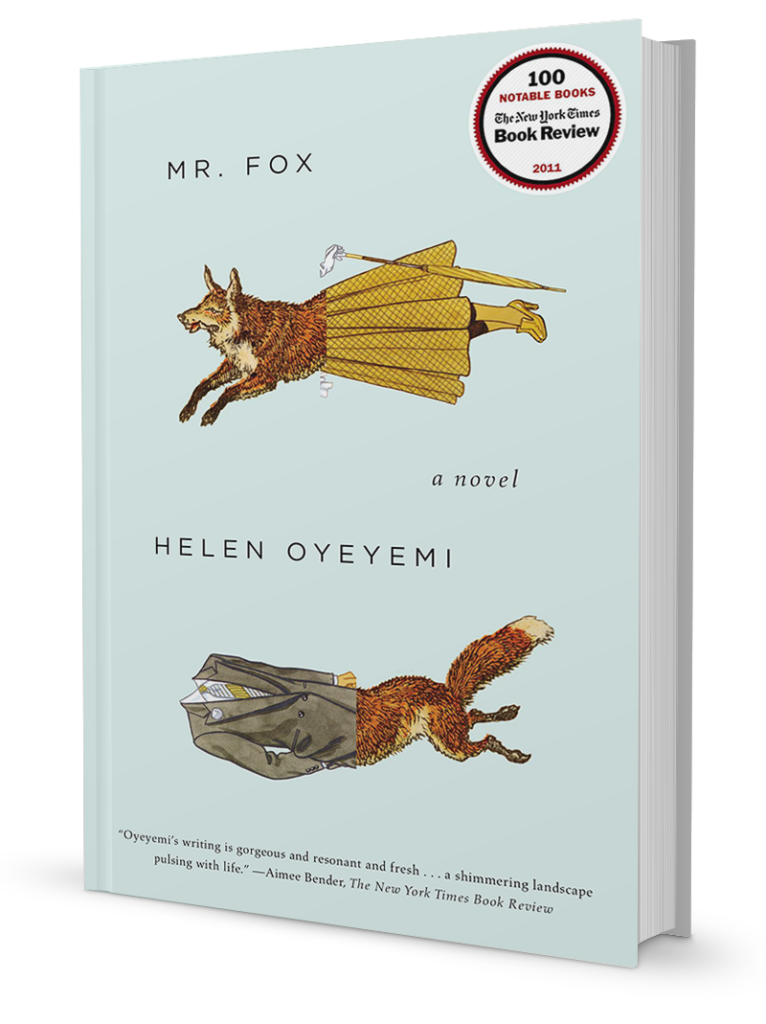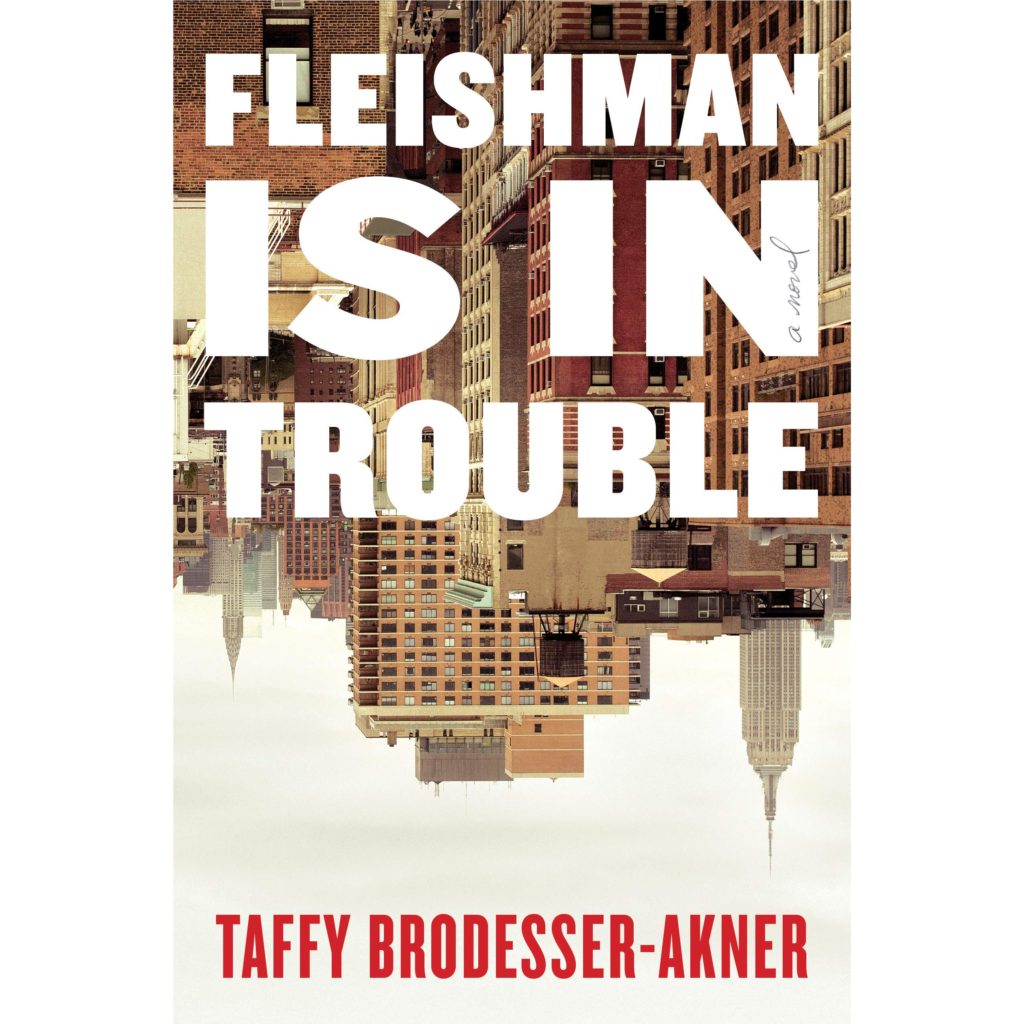
The Glass Hotel is Emily St. John Mandel’s awaited novel. Her previous was Station Eleven, which won the Arthur C. Clark Award, the Toronto Book Award and was nominated for several others. Station Eleven was about a pandemic. The Glass Hotel is about the collapse of financial markets. Hm.
Station Eleven was genius. And I was holding my breath for The Glass Hotel. It’s so hard for an author to deliver one masterpiece after another. I love love love The Glass Hotel.
Description: Vincent is a bartender at a remote resort in Caiette, BC. The hotel is absolutely gorgeous, with a stunning glass lobby and restaurant that looks out at the ocean. This is where she meets the hotel’s owner Jonathan Alkaitis. Alkaitis works in finance and leaves Vincent with a $100 tip and a proposition that leads to her becoming his wife. Well, technically they are not married. Her job is to be young, beautiful, attentive. And she’s everything Jonathan needs her to be. He’s the ultimate scam artist and running a Ponzi scheme that collapses. He takes a lot of people down with him. But ultimately this is not a sad book, nor a suspenseful book. It’s really about what it’s like to lead alternate lives, or rather to recognize there are different realities to each life. That’s the part I loved.
Favourite moment: Everyone underestimates Vincent, the trophy wife. But she’s smart, knows she’s playing a role, and does it perfectly. There’s a moment when Jonathan’s daughter Claire has exposed his crimes.
When it did finally collapse, when he was finally trapped, the wrong woman was there with him. Although Vincent impressed him, at the end, despite not being Suzanne. The tableau: His office in Midtown, the last time he was ever in that room. He was sitting behind his desk, Claire crying on the sofa, Harvey staring into space, while Vincent fidgeted around with a coat and shopping bag and then sat and stared at him until he finally had to tell her: “Vincent,” he said, “do you know what a Ponzi scheme is?”
“Yes,” Vincent said.
Claire, from the sofa, still crying:”How do you know what a Ponzi scheme is, Vincent? Did he tell you? Did you know about this? I swear to god, if you knew about this, if he told you …”
“Of course he didn’t tell me,” Vincent said. “I know what a Ponzi scheme is because I’m not a fucking idiot.”
He thought, That’s my girl.
page 235, The Glass hotel
Perfect read for anyone who loved Emily St. John Mandel’s Station Eleven, or anything by Michael Lewis.




